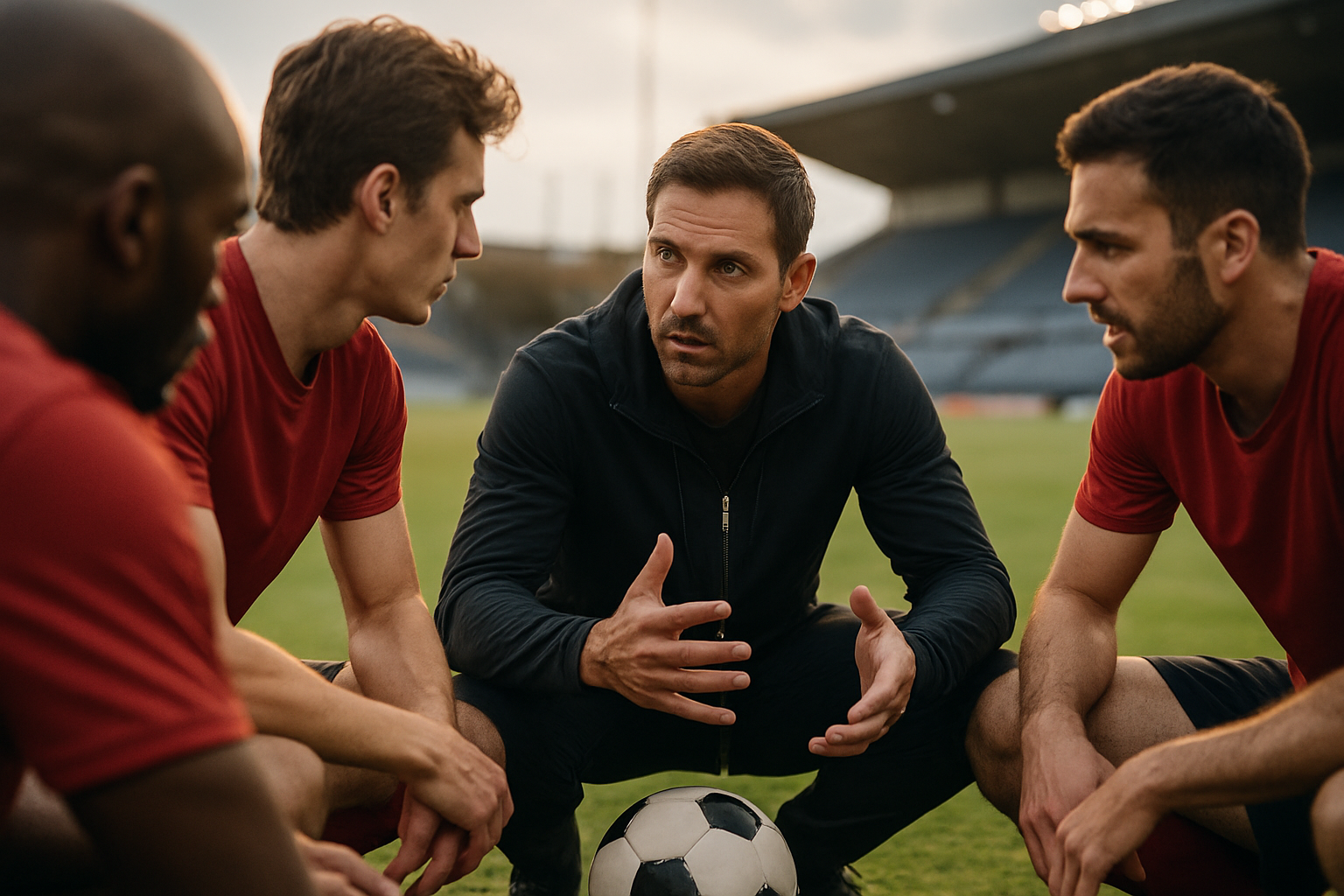Reimagining the Essence of Teamwork in Sports
The world of sports is a dynamic, ever-evolving landscape. With each passing year, new strategies, techniques, and philosophies emerge, often reshaping traditional views. One area that has seen considerable evolution is our understanding of teamwork. This article delves into the intricacies of teamwork in sports, its evolution, current trends, and its undeniable impact on performance.

The Genesis of Teamwork in Sports
Teamwork has been a foundational element of sports since the earliest games. Ancient civilizations such as the Greeks and Romans emphasized collective effort in their athletic competitions. Fast forward to the 20th century, and the importance of teamwork became even more pronounced with the rise of professional sports leagues. Team sports like football, basketball, and baseball became platforms where the concept of teamwork was not just encouraged but indispensable for success.
The Modern Evolution of Teamwork
In recent years, the concept of teamwork has expanded beyond the traditional boundaries of collective action on the field. It now encompasses a broader spectrum, including psychological aspects, strategic planning, and effective communication. Teamwork is no longer just about passing the ball or coordinating plays. It’s about creating an environment of trust, respect, and shared responsibility.
Current Trends in Teamwork
Today’s sports landscape reveals some interesting trends in teamwork. One emerging trend is the growing recognition of the role of emotional intelligence in team dynamics. Teams that foster emotional intelligence tend to have better communication, resilience, and conflict resolution skills—all vital for high-performance teamwork.
Another trend is the increasing emphasis on diversity and inclusion in sports teams. This shift recognizes that diverse teams bring different skills, perspectives, and experiences to the table, enriching the team’s overall performance.
The Power of Teamwork: Benefits and Challenges
The benefits of effective teamwork in sports are manifold. Teams that work well together tend to have higher morale, better performance, and greater resilience in the face of adversity. Moreover, teamwork can foster a sense of belonging and camaraderie among athletes, enhancing their enjoyment of the sport.
However, achieving effective teamwork is not without challenges. Issues such as personality clashes, unequal contribution, and ineffective communication can undermine a team’s cohesion and performance.
Teamwork in Action: Real-World Examples
Several sports teams exemplify the power of teamwork. The New Zealand All Blacks, one of the most successful rugby teams in history, is renowned for its strong team culture and unity. Similarly, the U.S. Women’s National Soccer Team’s success is largely attributed to its emphasis on teamwork and collective effort.
In conclusion, teamwork remains an integral part of sports, with an evolving understanding and practice. As we continue to learn more about the complexities of team dynamics, coaches and athletes alike should strive to foster an environment of effective teamwork—celebrating diversity, promoting emotional intelligence, and building a culture of trust and respect. The evidence is clear: when teams work together, they can achieve extraordinary things.
The world of sports continues to evolve, and with it, our understanding of the fundamental principles that drive performance. As we delve deeper into the essence of teamwork, we uncover new layers of complexity and intrigue. And in the process, we are reminded once again why sports offer such a compelling and rewarding facet of the human experience.




